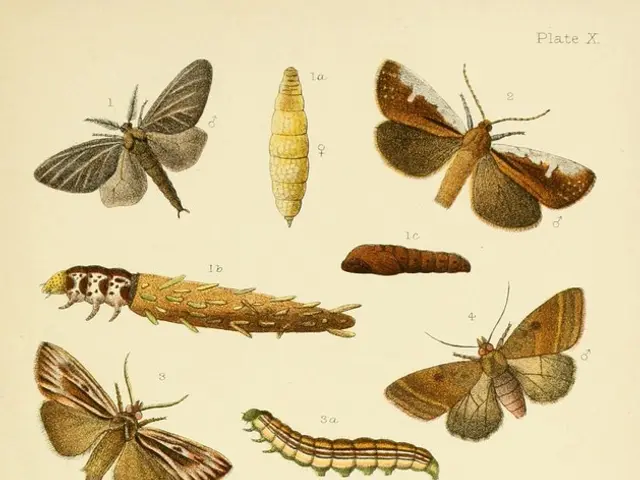In India, castes continue to determine those responsible for urban sanitation work
In a stark reminder of the deep-rooted caste discrimination in India, the hard life of Dalits, a historically marginalized group, is being displayed in a gallery in Berlin. Despite the Indian government's efforts to eradicate manual scavenging, the practice persists predominantly among Dalits due to entrenched caste prejudices.
The Indian government has taken significant steps to address this issue. In 1993, manual scavenging was banned, and the Prohibition of Employment as Manual Scavengers and Their Rehabilitation Act, 2013, was enacted to prohibit employment of manual scavengers and mandate their rehabilitation. The government also launched the Clean India Initiative (Swachh Bharat Mission) in 2014, aiming to eliminate manual scavenging by promoting mechanized cleaning technology and improving sanitation infrastructure.
However, these measures have not been enough to dismantle the caste hierarchy that confines Dalits to such jobs, even when they are qualified for other roles. Activists like Bezwada Wilson from Safai Karmachari Andolan have criticized the government for failing to recognize and address the social reality of India being a caste-based society. Wilson also criticized the NAMASTE scheme, an organization aiming to protect sanitation workers, promote mechanized cleaning, and secure subsidies to reduce manual labor, for asking manual scavengers to buy machines themselves as a form of "rehabilitation."
Vivek Kumar, a sociology professor at Jawaharlal Nehru University in New Delhi, observed that caste discrimination is disguised as progress with the implementation of the NAMASTE scheme. He also noted that approximately 77% of India's 38,000 sewer and septic workers belong to the Dalit community, highlighting the disproportionate representation of this community in such jobs.
The connection between caste and sanitation work limits Dalits from moving up the social ladder, forbidding their access to other jobs and opportunities. Caste has not withered away with modernity or urbanization; it has spread into urban centers and entered modern institutions. Dalits often experience segregation in housing, education, and social interaction, further perpetuating their marginalization.
To truly eradicate manual scavenging, it is essential to address the social stigma tied to scavenging work. Dignity of labor should be taught from primary to higher education to move past the outdated belief of scavenging work being tied to one's birth. By dismantling the caste hierarchy and promoting the dignity of labor, India can ensure a more equitable and just society for all its citizens.
The Indian government's ongoing efforts to mechanize sanitation work and provide rehabilitation for manual scavengers are commendable. However, until the deep-rooted caste prejudices are addressed, the challenge of manual scavenging will persist. It is a call to action for the government, civil society, and the general public to work together to dismantle the caste system and promote the dignity of labor for all.
The Indian government's ongoing efforts to eradicate caste-based discrimination through legislation, such as the Prohibition of Employment as Manual Scavengers and Their Rehabilitation Act, and initiatives like the Swachh Bharat Mission, are crucial, but they require support from the media, society, and education-and-self-development sectors to effectively address the deeply entrenched caste prejudices that perpetuate manual scavenging. It is essential for everyone to work together to disseminate awareness of the dignity of labor and challenge the societal stigma tied to scavenging work, ensuring a more equitable and just society for all citizens.




